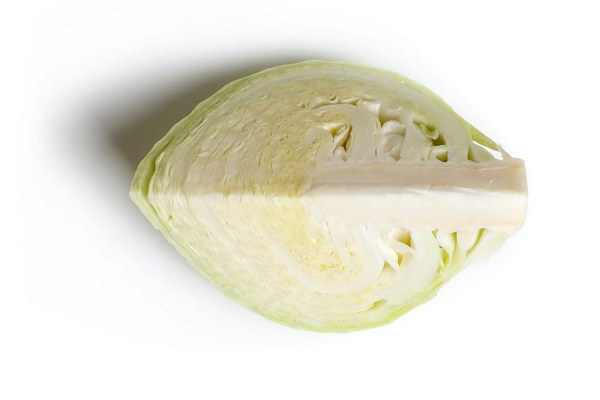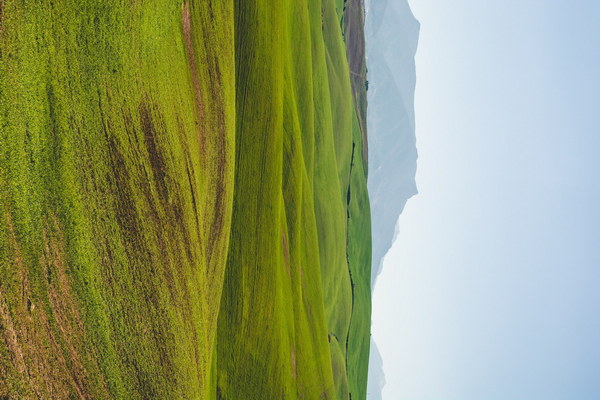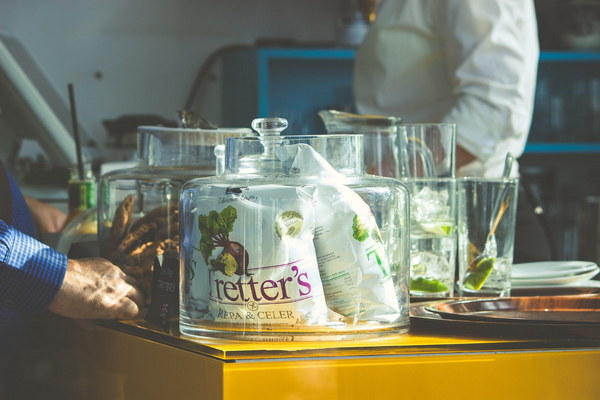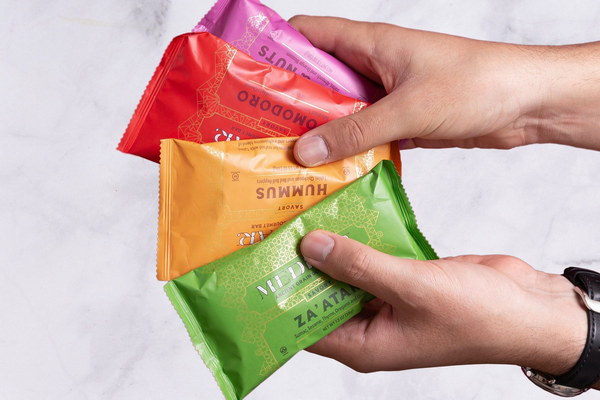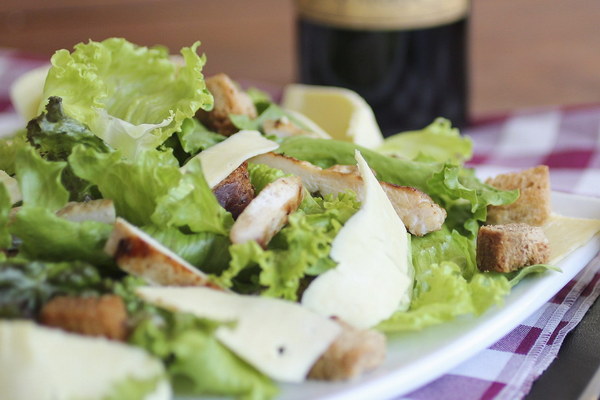Discover the Nutritional Wonders of Gansu Plateau's Traditional Herbs A Journey into Chinese Health and Wellness
Nestled in the heart of China's vast and diverse landscape lies the majestic Gansu Plateau, a region renowned for its unique flora and rich herbal traditions. Gansu's high-altitude terrain has fostered an array of natural wonders, with many of its plants boasting remarkable health benefits. This article delves into the world of Gansu Plateau's traditional herbs, exploring the nutritional wonders that have been cherished for centuries and continue to contribute to the region's health and wellness culture.
Gansu Plateau's natural abundance is a treasure trove for those seeking to harness the power of nature's remedies. The plateau's climate, characterized by cold winters and hot summers, has shaped the growth of a diverse array of herbs and plants, each with its own unique properties. Here are some of the most notable Gansu Plateau herbs and their health benefits:
1. Goji Berries (Lycium barbarum)
Originating from the Gansu Plateau, goji berries are a well-known superfood that has been consumed in traditional Chinese medicine for centuries. These vibrant red berries are rich in antioxidants, vitamins, and minerals, making them a powerful tool in the fight against aging, boosting the immune system, and improving eye health.
2. Rhodiola Rosea
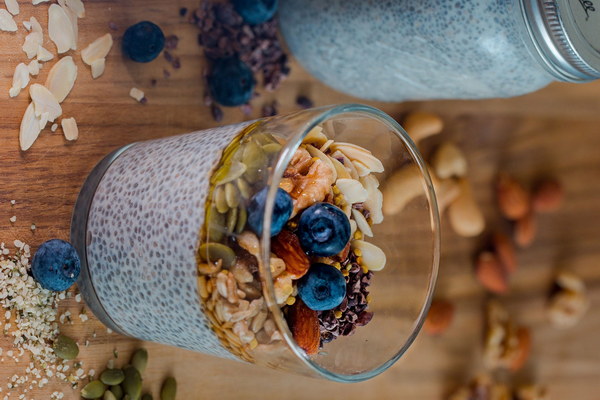
Also known as golden root, rhodiola rosea is a potent adaptogen that helps the body cope with stress, enhance mental clarity, and increase energy levels. Native to the high-altitude regions of Gansu, this herb is believed to improve mood, reduce fatigue, and enhance cognitive function.
3. Saffron (Crocus sativus)
Although not indigenous to Gansu, saffron is cultivated in the region and is considered one of the most expensive spices in the world. This luxurious herb is known for its anti-inflammatory properties and ability to improve brain function, memory, and mood. Saffron is also a natural aphrodisiac and has been used to treat a variety of conditions, from depression to insomnia.
4. Scutellaria baicalensis (Chinese Skullcap)
As a member of the Lamiaceae family, Chinese Skullcap is a versatile herb that has been used in traditional Chinese medicine for centuries. It has been shown to possess anti-inflammatory, anti-viral, and anti-bacterial properties, making it a valuable herb for treating a range of conditions, including anxiety, insomnia, and skin disorders.
5. Astragalus (Astragalus membranaceus)
This well-known herb is a staple in traditional Chinese medicine and is believed to boost the immune system, improve cardiovascular health, and enhance overall well-being. Astragalus is also known for its anti-aging properties and has been used to treat a variety of conditions, from chronic fatigue to diabetes.
The Gansu Plateau's unique herbs and plants have been carefully cultivated and utilized in a variety of traditional remedies, teas, and supplements. These natural elixirs are often consumed daily by locals as a way to maintain good health and prevent illness.
In recent years, the world has become increasingly interested in the benefits of traditional Chinese medicine, and the Gansu Plateau's herbs have gained recognition on a global scale. Modern scientific research has confirmed many of the health benefits attributed to these natural remedies, making them a sought-after addition to the wellness arsenal.
As we continue to explore the nutritional wonders of Gansu Plateau's traditional herbs, it's clear that these natural remedies hold the key to a healthier, happier life. Embracing the wisdom of ancient traditions and the power of nature, we can all benefit from the rich tapestry of health and wellness that the Gansu Plateau has to offer.
